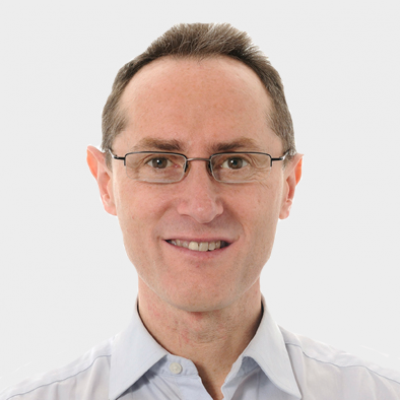A story of sadness, anger and hope
5 February 2014

How are you today? I’m sad, I’m angry, I’m hopeful. Let me tell you why…
Denise was diagnosed with anorexia when she was 9 years old. She’s now 16. She has been an inpatient for three years and under section for 18 months. Denise is not getting better.
Her parents, Jon and Jenny, share their time between bringing up their younger daughter, Charlotte; making the three-hour round trip to see Denise three times a week; and working. Jon’s sister died of cancer last year. Jon has a genetically inherited long-term condition coupled with Type 2 diabetes.
That makes me sad. Long-term on an inpatient psychiatric ward is not an environment in which you would want your daughter to grow up. Denise sees no purpose in life. She has no hope. That must be devastating for her parents. I find it hard to imagine how hard life is for Jon and Jenny.
Denise’s time is running out. Anorexia has long-term consequences in young women. Denise has not started her periods and her low bone density – a consequence of the disease – may mean she never will. It will also put her at much higher risk of osteoporosis in later life. The prognosis for long-term anorexia in young women is not good.
Jon and Jenny need support – from their family, their friends, their community and from the NHS.
A few weeks ago an opportunity came up for Denise to move to a different unit in a residential setting. Her family had been waiting for a place since last spring.
Everything seemed to be going fine: the doctors at the hospital who have overall responsibility for her care, the hospital where she is under section and the clinical team at the residential unit all agree that the voluntary sector run, residential unit offers the best hope. Jon and Jenny want Denise to go – even though the unit is a five-hour round trip and will make their lives even harder. Denise, whether out of a glimmer of the notion of being well or out of a desire to get away from the ward, wants to go. The new setting at least offers hope, if not certainty.
The clock is ticking. The residential unit will need to find another patient to fill their bed soon. Over to the commissioner. But who is the commissioner? The CCG said it was NHS England. NHS England said it was the CCG. For nearly a year Denise, Jon and Jenny have been piggy in the middle. There are meetings where notes are taken but not action.
All that makes me angry. The NHS is paying for care that is not wanted and not working. Denise is increasingly disengaged from her treatment. She is likely to stay an inpatient until she is 18. Perhaps she will then remain under section or become a revolving door patient. Insanity is doing the same thing over and over again and expecting the results to be different – maybe we should section the NHS?
After half a dozen phone calls and half an hour’s web hunting, I found the name of the director in the relevant regional team. Jon and Jenny did the rest. After 9 months of getting nowhere, here’s the response they received within a few hours: ‘I appreciate the urgency of this situation and the distress that it is causing to yourselves and Denise. I am sorry that you find yourself in this situation and I will do my utmost to resolve it.’
That makes me hopeful.
But my emotions – sadness, anger, hope – are parallel, not serial. How many patients and families are in similar situations, where no-one takes responsibility for ensuring a solution?
Three questions come to mind:
- Are we seeing the person and the family rather than the patient?
- Are we joining-up our services around people’s needs rather than our processes?
- Are we providing the support people need to have the health they need to live the best life they can?
Whatever our job, whatever our role, it is perhaps all too easy to be caught up in process and lose sight of purpose; to respond to people as objects rather than to relate to them as subjects. Will these questions help us remember the person behind the condition, the statistic, the cost-centre?
All names in this blog have been changed
Adrian is an Assistant Director at the Health Foundation, www.twitter.com/AdrianSieff
Work with us
We look for talented and passionate individuals as everyone at the Health Foundation has an important role to play.
View current vacanciesThe Q community
Q is an initiative connecting people with improvement expertise across the UK.
Find out more

